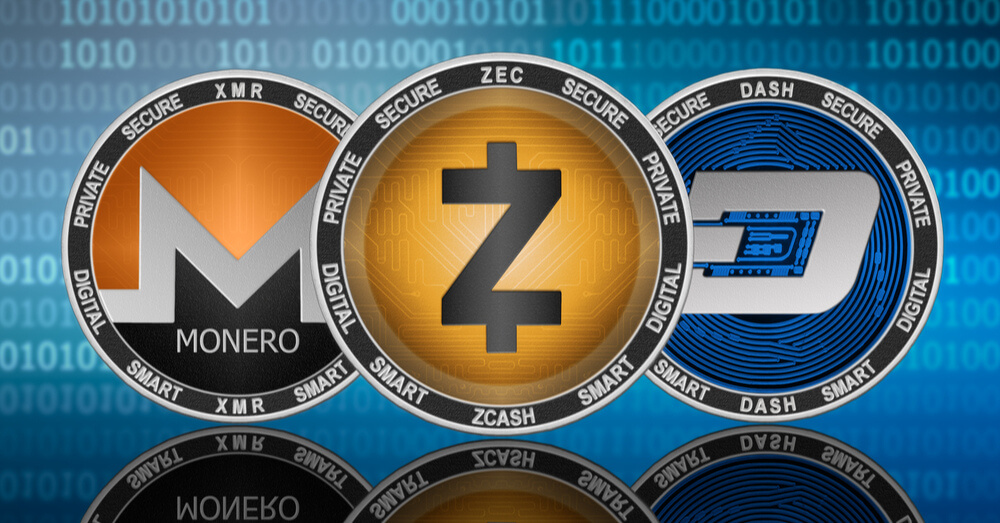
The ban will take effect on 21 March 2021
The South Korean government has finally decided to push through with its plan to prohibit any and all privacy-focused digital currencies as a part of its mission to stop money laundering in the country.
A report by the CPO Magazine revealed that Monero, Dash, Zcash and other coins that add one more layer of anonymity to transactions will no longer be sold at the country’s exchanges after 21 March 2021.
The country’s Financial Services Commission (FSC) explained that the main reason that motivated the ban was the frequent use of privacy coins, which it has dubbed as “dark coins”, for money laundering, ransomware attacks and other fraudulent activities.
The new law is an addition to the existing Special Payments Act, which is a comprehensive crypto regulation that was passed last March.
Mainstream cryptocurrency coins are not completely anonymous. For currencies like Bitcoin, the wallet addresses that are involved in the transactions as well as the amount are made public. In case of an investigation, law enforcement and other relevant authorities can use this information to track the transactions back to the cryptocurrency exchanges where they were made, and the wallet holders can in turn be identified through the email address that was used to register the exchange account or by the personal identification that was used to access it.
Conversely, privacy coins have a third party process that conceals these transaction records, which make it difficult for law enforcement to conduct their investigations.
While the terms of the crypto anti-money laundering law will not be in effect for another three months, some South Korean crypto exchanges have already voluntarily dropped certain types of privacy coins over a year ago. The crypto giant OKEx was one such exchange, which made headlines when it dropped five privacy coins last September 2019 due to concerns that dealing in them was a potential violation of the Financial Action Task Force (FATF)’s travel rule.
Other large exchanges in the country have since followed suit, however, a few smaller crypto exchanges still offer privacy coins.
The FSC clearly stated that it aimed to eliminate “all forms” of anonymity when it comes to the use of coins within the country. South Korea is known for its love for cryptocurrencies since 2017, however, public sentiment began to sour in 2019 after the Nth Room case, an underground club that was creating and harboring violent sexual content alongside child pornography. The club accepted payments in privacy coins and would subsequently grant access through Telegram.

